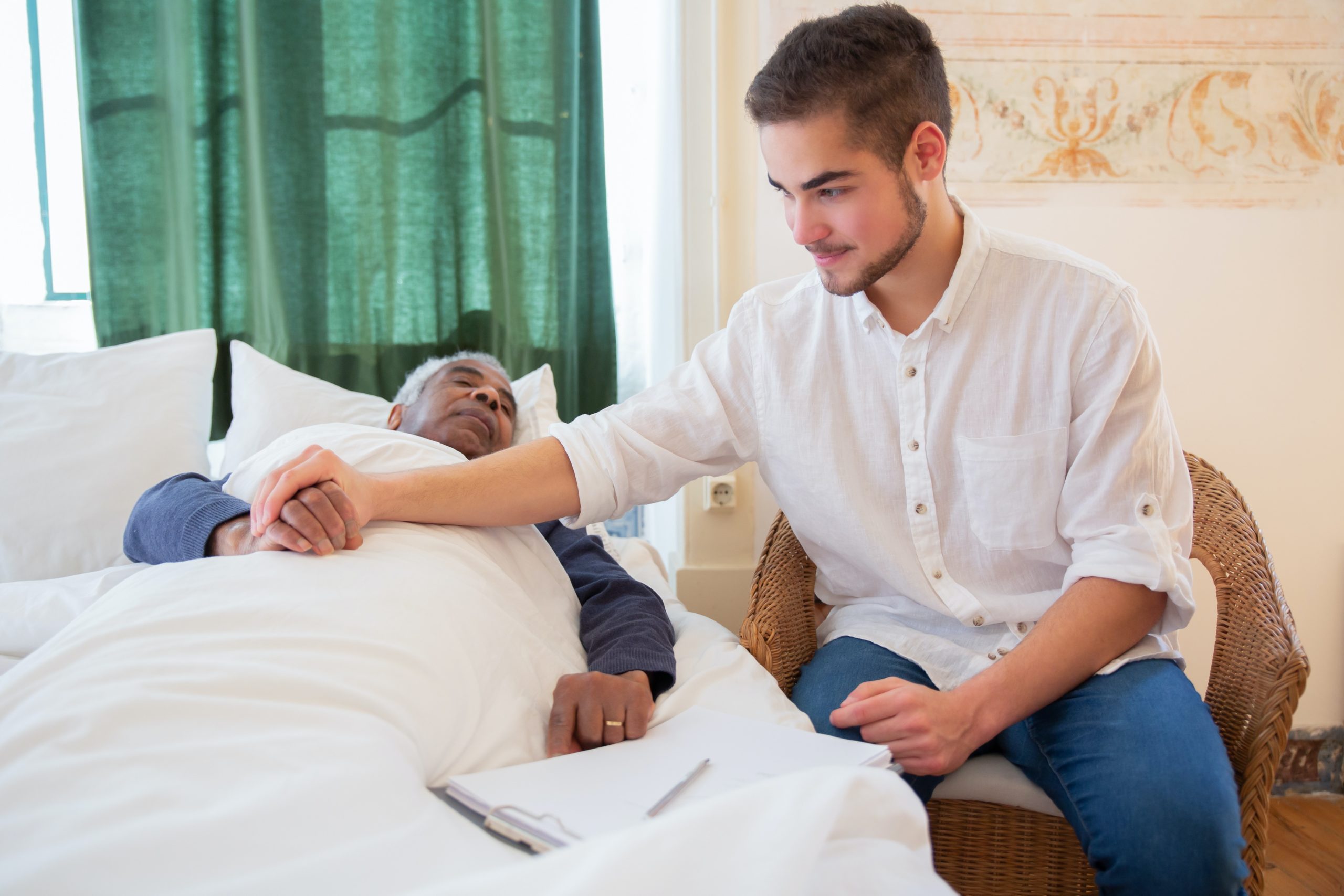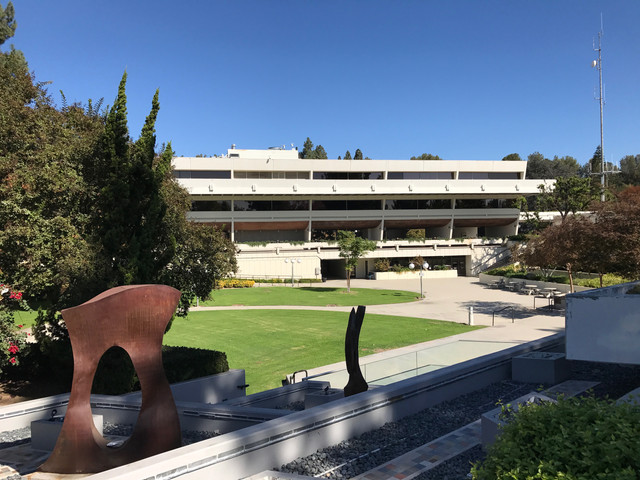800-988-5205
West Covina Hospice And End Of Life Care
Care & compassion when you need it most. Committed to quality of life.

To some people, when a loved one has been diagnosed with an incurable illness, death becomes real. Hence, family members and friends can be overwhelmed with fear and sadness. And for most, it could be frustration and anger because they couldn’t do anything to change the course. Like a bitter pill that’s hard to swallow, it is reality. Accepting death is a process, but it is by no means a surrender to defeat when you do. Instead, one of the ways to deal with such a situation is to get hospice care.
Contrary to belief, hospice is about living life to the fullest. It is an option for those who want to make the rest of the remaining days much better with less pain and discomfort. Essentially, it is choosing quality over quantity that hospice puts importance on. Addressing the different facets of a person, beginning with managing pain, allows the individual to spend the rest of their days more meaningfully than if they were agonizing in pain brought about by their illness or its treatment. It is this quality of life that matters, even if you know it’s about to end sooner than anyone would be comfortable with.
Origins of hospice care
Although it was common practice by monks back in the day to provide care for the sick and dying by keeping vigil at their bedside to ensure that they did not die alone, hospice wasn’t a concept that is associated with it. In the middle ages, hospice was actually a place of rest for pilgrims while on a journey. But it changed in the 1960s when a physician named Dr. Cicely Saunders used this term to refer to a special kind of care offered to the dying. She then founded a hospice center for those no longer seeking a cure and opting for pain control. Hospice care has since become a service available to terminally ill patients worldwide. In the US, hospice serves hundreds of thousands of patients and is widely recognized by the medical field as a cost-effective yet high-quality option for those living on limited time.
Getting hospice in West Covina

West Covina is one of LA county’s suburban cities in Greater Los Angeles. Its origins are interesting when the place almost became a sewage farm. Thankfully, that didn’t happen, and West Covina was declared an independent city in the 1920s. Today, residents enjoy a warm Mediterranean climate, with most predominantly white and living in their households.
The Lakes Mall is the city’s premium shopping center for a dose of retail therapy while staying close to nature with either Galster or Arcadia wilderness parks. Aside from the many museums, parks, and amenities being within reach in the community, it’s comforting to know that there are hospice and end of life care care providers who you can count on when the need arises. With LA just a few miles away, it is easy to access this type of care even outside West Covina.
Hospice services
Patients and their family members can get the most out of hospice programs with services that provide assurance, support, and comfort. New Vision is one of the best hospice companies in West Covina and Los Angeles. Throughout the process, they will hold your hand, both patient and their family. They also provide hospice through educating the family members who are also caring for the patient. With the proper care and compassionate support to terminally-ill individuals, they can improve the quality of their life while surrounded by their loved ones.

is passionate about what they do, which is important when considering the right hospice provider. Their outstanding hospice team will address hospice needs, whether physical, emotional, or spiritual. The patient and their family members can expect support from their skilled clinicians. The latter is quick to manage uncomfortable symptoms to ensure the patient can spend each day better than the previous one.
Aside from the nursing staff who employ physical pain management therapies, a medical social worker can assist in setting up resources in the community and other needs they can help the patient with. Meanwhile, the chaplain provides spiritual guidance with respect for the patient’s religious beliefs. Other hospice team members include physical therapists, bereavement counselors, dietitians, and volunteers, who are more than happy to see the patient live their best life under the circumstances.
